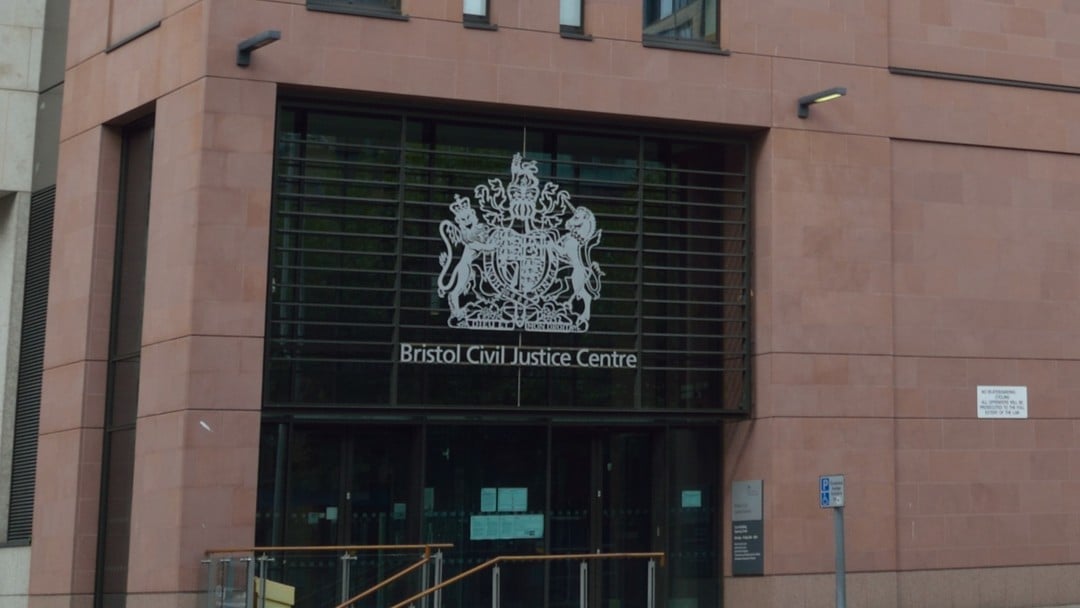Biddick v Biddick: costs awarded after enforcement of CPR Part 36 settlement

High Court awards costs to defendants following successful application to enforce accepted Part 36 offer.
In Matthew Peter George Biddick v Peter Biddick & Ors [2025] EWHC 2743 (Ch), HHJ Paul Matthews sitting as a High Court judge addressed the costs consequences of an application to enforce a CPR Part 36 settlement in a proprietary estoppel dispute between family members over agricultural land.
The claimant and third defendant were brothers involved in litigation concerning agricultural land owned by their parents, the first and second defendants. The claim centred on proprietary estoppel with additional partnership issues. In July 2023, the defendants made a Part 36 offer to settle. Nearly a year later, in June 2024, the claimant accepted the offer by notice of acceptance, automatically staying the proceedings. The court made an initial costs order in July 2024.
However, the implementation of the settlement proved contentious. By April 2025, some ten months after acceptance, the parties had still not agreed settlement documents despite lengthy correspondence. The defendants applied to enforce the acceptance, leading to a hearing in May 2025 where the judge invited written submissions on costs.
The claimant advanced three principal arguments: first, that the application was premature; secondly, that the court lacked jurisdiction to make an anticipatory order under section 39 of the Senior Courts Act 1981; and thirdly, that various matters under CPR rule 36.14(8) had not been demonstrated.
On the question of prematurity, the judge rejected the claimant's position decisively. The Part 36 acceptance had occurred in June 2024, and the claimant had chosen to accept the offer many months after it was made. Following ten months of expensive and emotionally demanding correspondence without finalised documents, the application was entirely justified. The judge emphasised that Part 36 exists to create settlements of existing litigation, not to generate further satellite disputes. The acceptance had created an enforceable agreement requiring enforcement.
The jurisdictional question concerning section 39 proved more nuanced. Section 39(1) permits the court to order execution of documents by a nominated person where someone "neglects or refuses to comply" with a judgement or order. The claimant relied on Isbilen v Turk [2021] EWHC 3425 (Ch), where it was held that jurisdiction under section 39(1) requires prior neglect or refusal. However, the judge noted that neither Savage v Norton [1908] 1 Ch 290 nor Juul Labs, Inc v Quick Juul Ltd [2018] EWHC 3335 (IPEC) had been cited to the deputy judge in Isbilen. These authorities suggested that anticipatory orders might be permissible where conduct demonstrates a defendant will refuse compliance.
The judge acknowledged the same oversight had occurred in his own earlier decision in Gee v Gee [2020] EWHC 1842 (Ch), where he had accepted without full argument that the statutory language was jurisdictional. Had those authorities been cited, he would have been more circumspect. Nevertheless, the judge found it unnecessary to resolve this question definitively, as the section 39 relief was merely a minor component of the defendants' application, and success on all points was not required to be the successful party overall.
On the substantive issue of honouring the Part 36 terms, the judge was satisfied the claimant had failed to do so. After accepting the offer, the claimant sought to impose additional conditions, including assistance with adverse possession claims, provisions regarding accessway upkeep, fresh documentation for securing borrowing, arrangements for possession proceedings, and indemnity provisions. These attempts to modify the agreed terms after acceptance were impermissible. The appropriate course would have been to refuse the offer and make a counter-offer incorporating desired terms.
The defendants succeeded overall in their application, warranting a costs award in their favour. The hearing lasted less than one day, triggering the general rule for summary assessment under CPR PD 44 paragraph 9(2)(b). Both parties requested summary assessment.
The defendants' two costs statements totalled less than the claimant's single statement, despite being applicants who typically bear greater responsibility. After reviewing guideline hourly rates for national band 2 (Huntingdon) and considering proper delegation of work, the judge made reductions to reflect excessive hourly rates for grade A fee earners and excessive time on certain tasks. The final assessment reduced solicitors' profit costs to £19,500 plus VAT, with counsel's fees and disbursements remaining as claimed.
The judge ultimately ordered the claimant to pay costs assessed summarily at £30,750 (including counsel's fees) plus disbursements of £539, payable within 14 days. Whilst acknowledging the sums were high, the judge attributed this to the degree of hostility and intransigence characterising the litigation throughout, describing the costs as "the price of being difficult" rather than disproportionate to the matter's importance and value.
